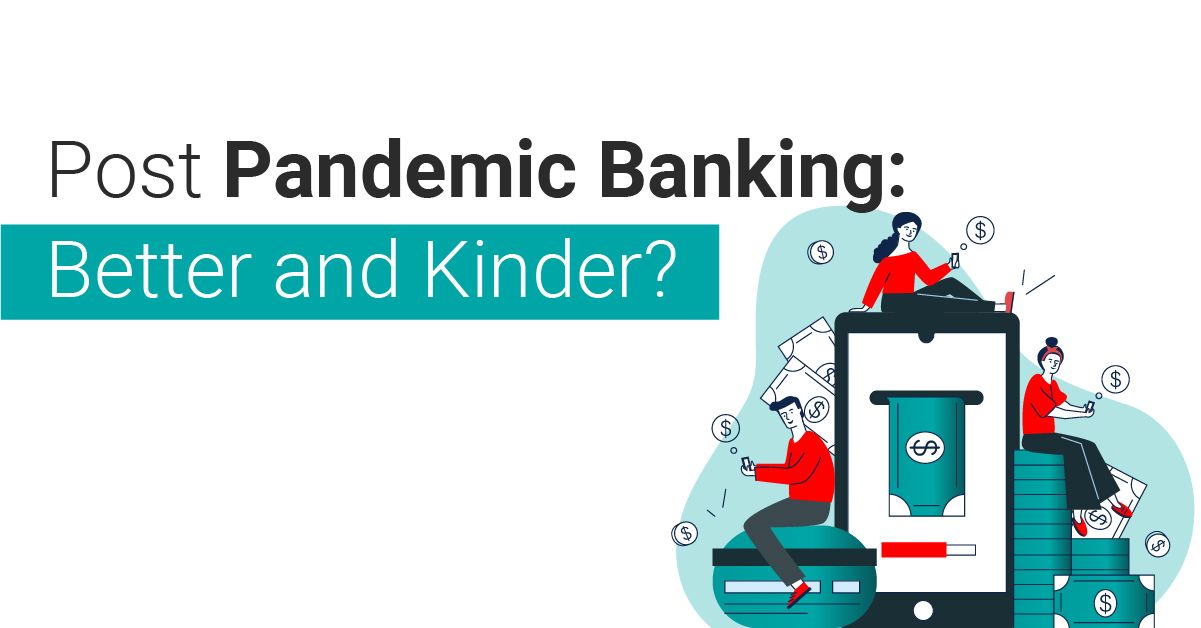
Post Pandemic Banking: Better and Kinder?
Many financial institutions have stepped up since the global pandemic hit. And so they should. The world has been thrown into crisis and everyone needs to do their part to “build back better (BBB).”
How have banks and other financial organizations done this? By finding new ways to make banking more accessible, especially those who found themselves in stringent lockdowns.
Ways they achieved this include:
- Open banking - which offers greater financial transparency options for account holders
- Distributive credit: Buy Now Pay Later (BNPL) - allowing payments to be spread over time without interest
- Implementation of new technology: AI and hybrid cloud
- Digital transformation efforts (UX and CX improvements and upgrades)
These strategies are all well and good, but how will banks really help the man and woman on the street (or locked down in their home)? By recognizing the connection between wealth and health and the financial industry’s role in acknowledging this gap.
Wealth inequality: how can banks help?
Banks have a responsibility to do what they can when it comes to wealth inequality. Health, wealth and longevity have long been intertwined—affecting people from all countries and walks of life. The banking industry must be mindful of its role in building back better.
Three ways for Banks to help build back better
Access to direct finance (and credit lines) is crucial for both individuals and small businesses to rebuild post-Covid-19. Financial institutions have the power to assist and support those worst hit, and should do so. Here are three ways banks can help society rebuild:
- Digitization – accelerated by the global pandemic and rapidly evolving, digitalization is a key enabler of pro-poor economic growth.
- Investment - greater investment is needed in areas such as logistics, transportation and energy – and all of it needs to be climate-friendly at the same time.
- Private Finance - private financial development needs to continue with a focus on greater access to international and domestic capital markets and strengthening the banking sector.
Some say the efforts to Build Back Better are not taking place quickly enough. As vaccines are being delivered and the pandemic slowly fades, the banking industry must seize the opportunity to return to the strong growth of the last decade --crucial for future prosperity and global stability in banking.
Source article here.